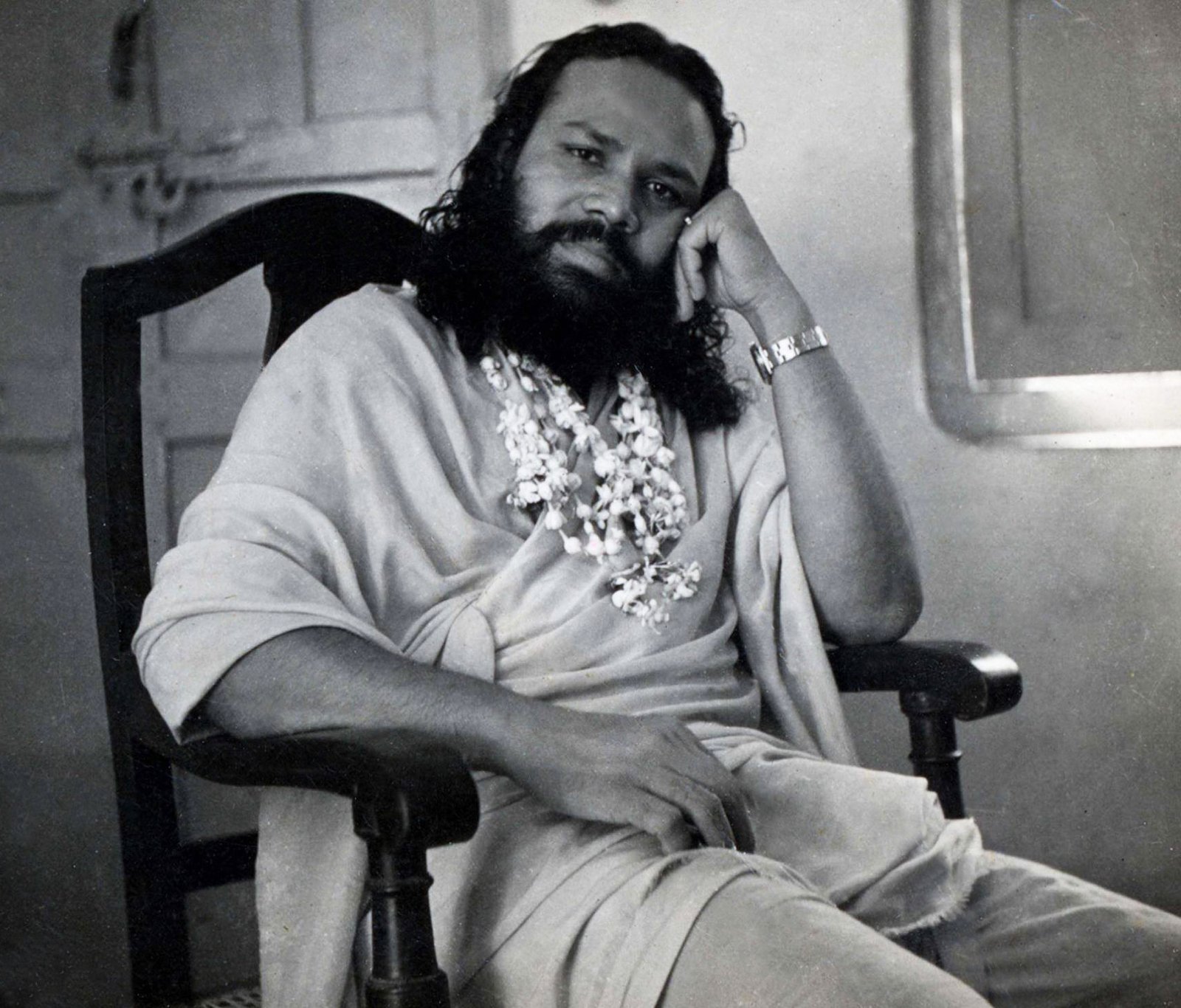In his vast body of literature, Swami Prakashanand Saraswati expounded on the essence of bhakti as explained in various important scriptures like the Gita and Bhagwatam. He illuminated their unanimous conclusion that devotion to Radha Krishn is the ultimate path to spiritual realization. Rooted in the timeless wisdom of Sanatan Dharma, he shared scriptural philosophy that underscored the simplicity and purity of dedicating oneself solely to the grace and love of the Divine, as evidenced in the below excerpts from his teachings.
“The fact is that a Saint never forms a religion. He establishes a simple path of worship to find God.”
“To establish dharm on the earth, Shree Krishn sends His eternal Divine associates. Eternal means that they were never ordinary souls, they were always one with God. Some eternal Divine associates of God descend on this earth planet, from the Divine abode, and establish the path of God’s realization in the public.
Other article you might like: Self-Improvement: Stop Fault- Finding with Insight from Prakashanand Saraswati
Within the last 5,000 years, several Jagadgurus descended on the earth planet. They were sent by Krishn Himself, the supreme personality of God. All were great Divine personalities. They explained the philosophy of God realization in their own words in great detail. It is called bhashya. All these books are written in great detail. They show the path to God logically, while explaining the philosophy of soul, maya, and God. These Jagadgurus were descended Divine personalities, and they established the path of God realization or, in one word, you can say“bhakti”.
Bhakti means dedication to supreme God with no worldly desire. There is only one desire, a desire to receive His Grace. That is a simple explanation of the word. Those great personalities established bhakti in this world. They never made any religion (sampraday), but sampraday as started after them. In Sanskrit, sampraday literally means to give properly. To give what? The path of God realization. They gave us the path. It was called a sampraday or, “religion” in English.
A sampraday is a religion, but dharm is eternal. A sampraday has a beginning, a religion has a beginning. Everything that begins is bound to come to an end sooner or later, but dharm, eternal dharm (Sanatan Dharm), has no beginning, and so it will have no end. The primary dharm, the dharm which comes from the Vedas, is protected by God Himself. That is eternal. However, on the basis of that dharm, Saints come on this earth planet and reveal the detailed path of bhakti to the souls and that eventually becomes a religion or a sampraday. So, we have Ramanuj sampradaya from Ramanujacharya,Nimbark sampradaya from Nimbarkacharya, Madhv sampradaya from Madhvacharya, and Chaitanya Mahaprabhu. We end up with all these different sampradayas or religions.
There are many more Saints who don’t come as a Jagadguru, but they also come directly from the Divine abode. They are descended Divine personalities, but not Jagadgurus. Out of such Saints, some were less literate, some were more literate. Some of them followed a path to find God in the form of Vishnu or in the form of Ram or in the form of Radha Krishn. There were various kinds of Saints, but they were all Divine personalities – not scholars, not researchers, not devotees, but true Saints. There are also many small religions (sampradayas) formed, in the names of those Saints. The fact is, a Saint never forms a religion. He establishes a simple path of worship to find God.
I’ll give you an example. Look at the teachings of Roop Goswami and Sanatan Goswami from the Chaitanya sampraday, and also look at Vallabhacharya. Vallabhacharya explained to his disciples, “You know Krishn is the beloved of your soul, mind, body, everything. You have to live for Him. And everything that belongs to you should be for His service.” That is his philosophy. What did Chaitanya Mahaprabhuji or Roop Goswamiji say? They said the same thing. “Radha Krishn are our Divine beloveds. You have to find Their love. That’s the only aim of your life. You have to love Him, worship Him, adore Him, and live for Him.” Both said the same thing. Both spoke of the same aim of life. Both mentioned bhakti, dedication, surrender and submission. There was no difference in their original teachings.
Bring Swami Prakashanand Saraswati’s wisdom into your life—find his books online.
